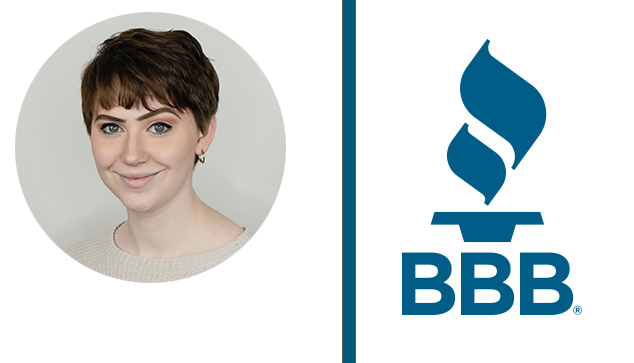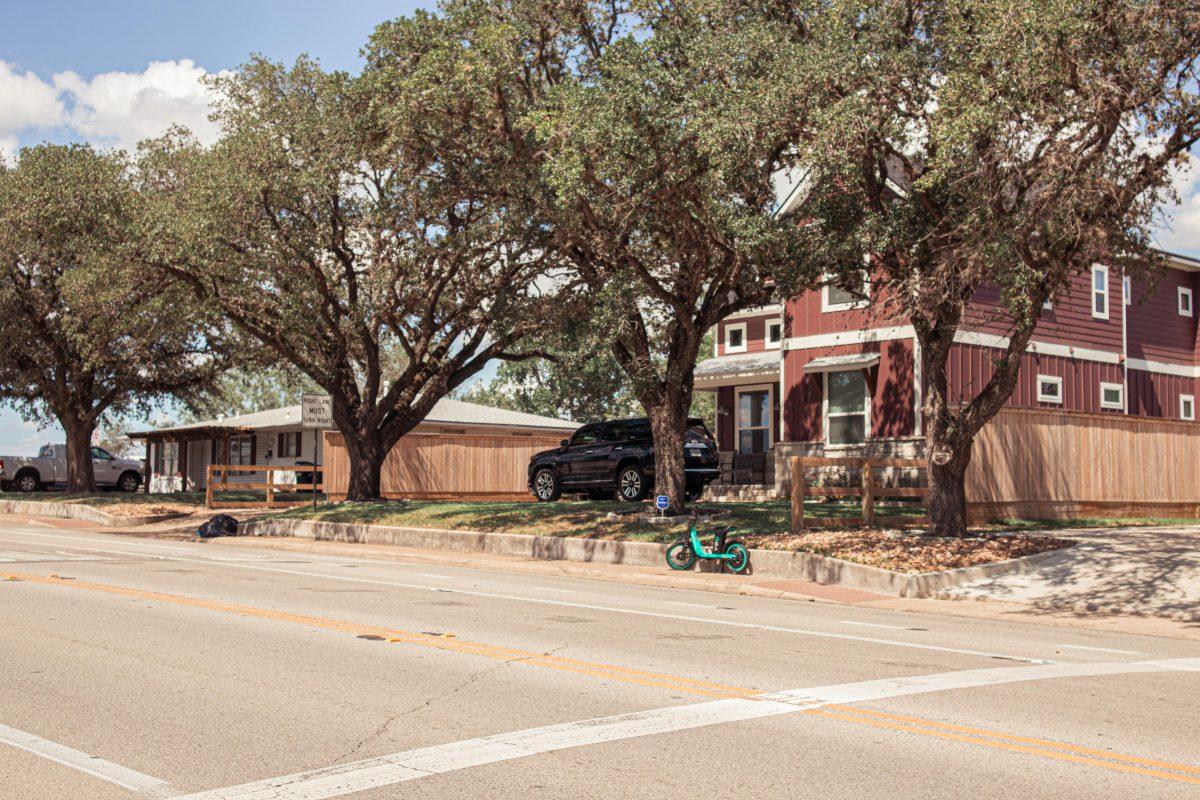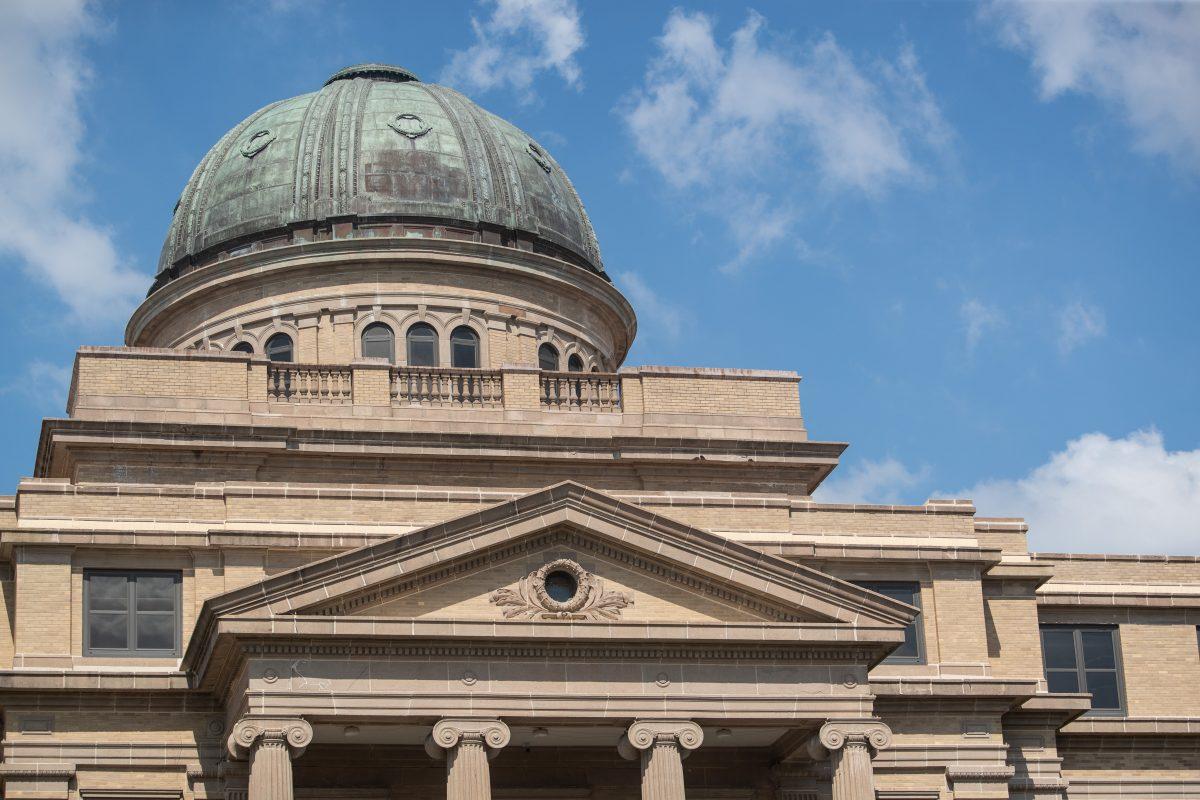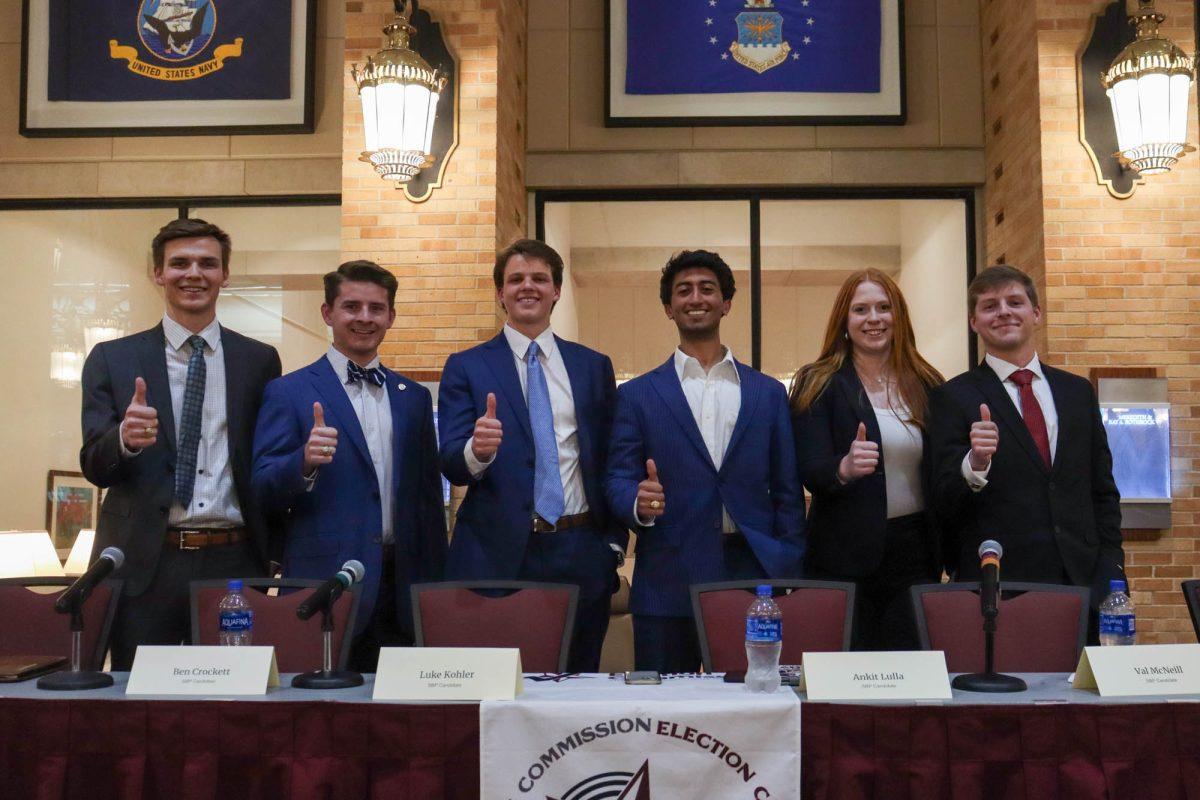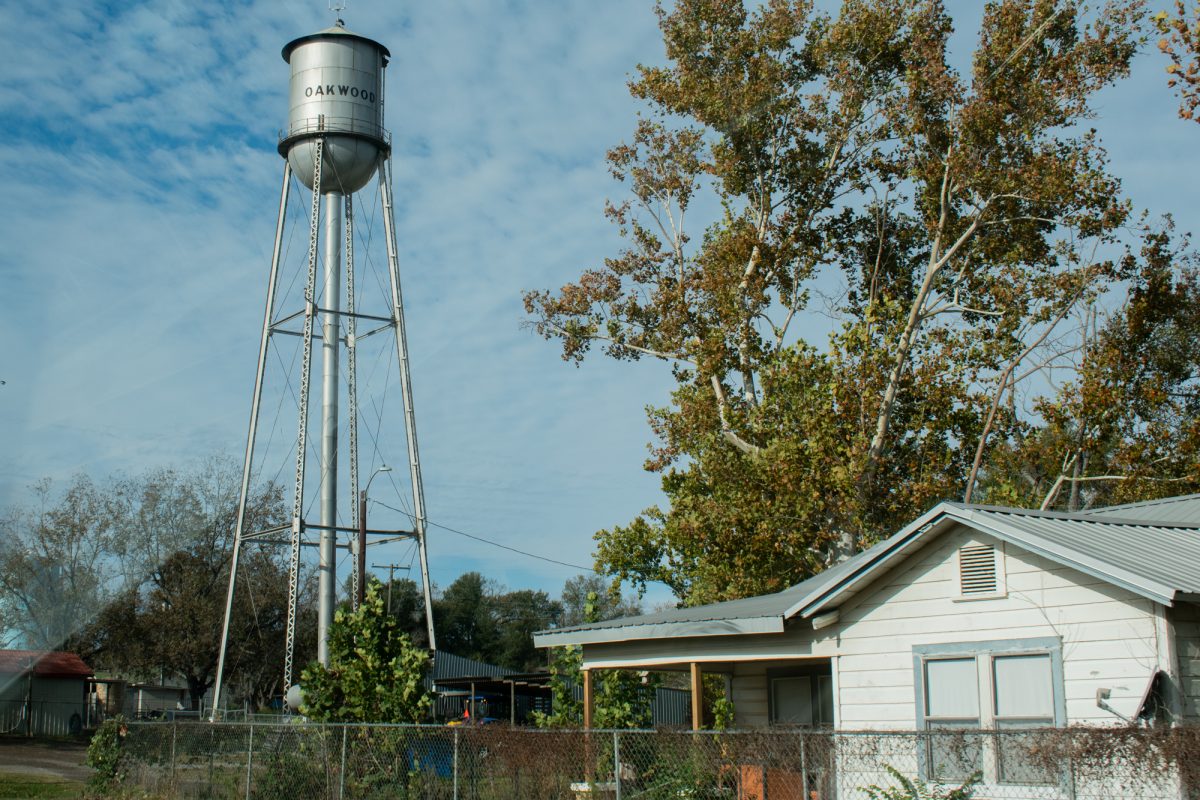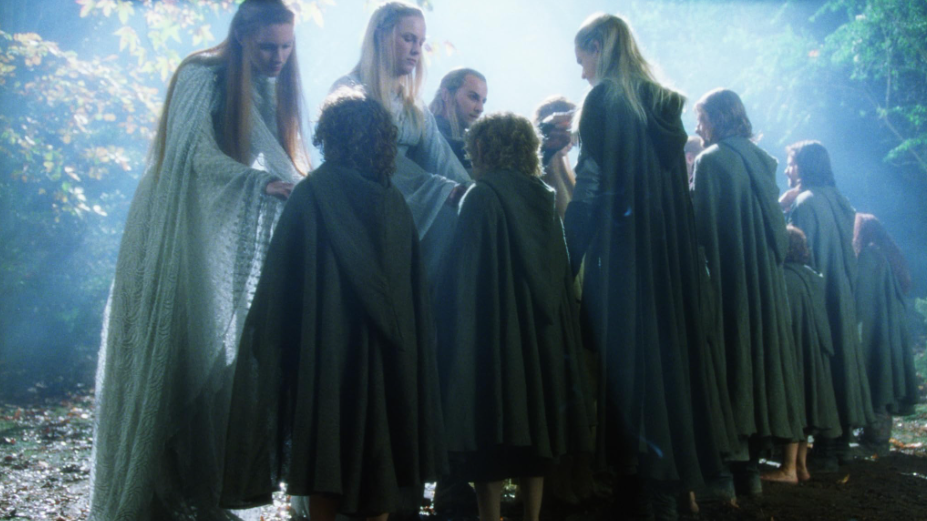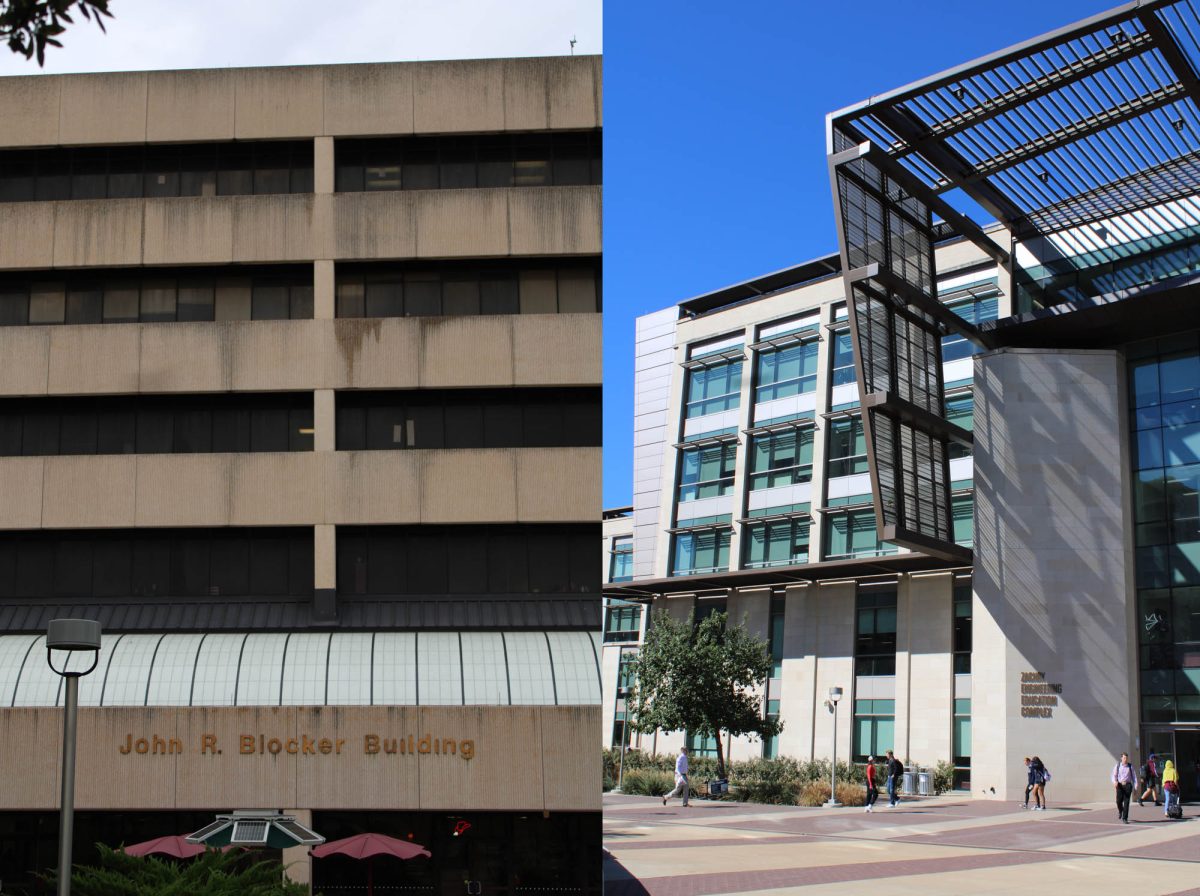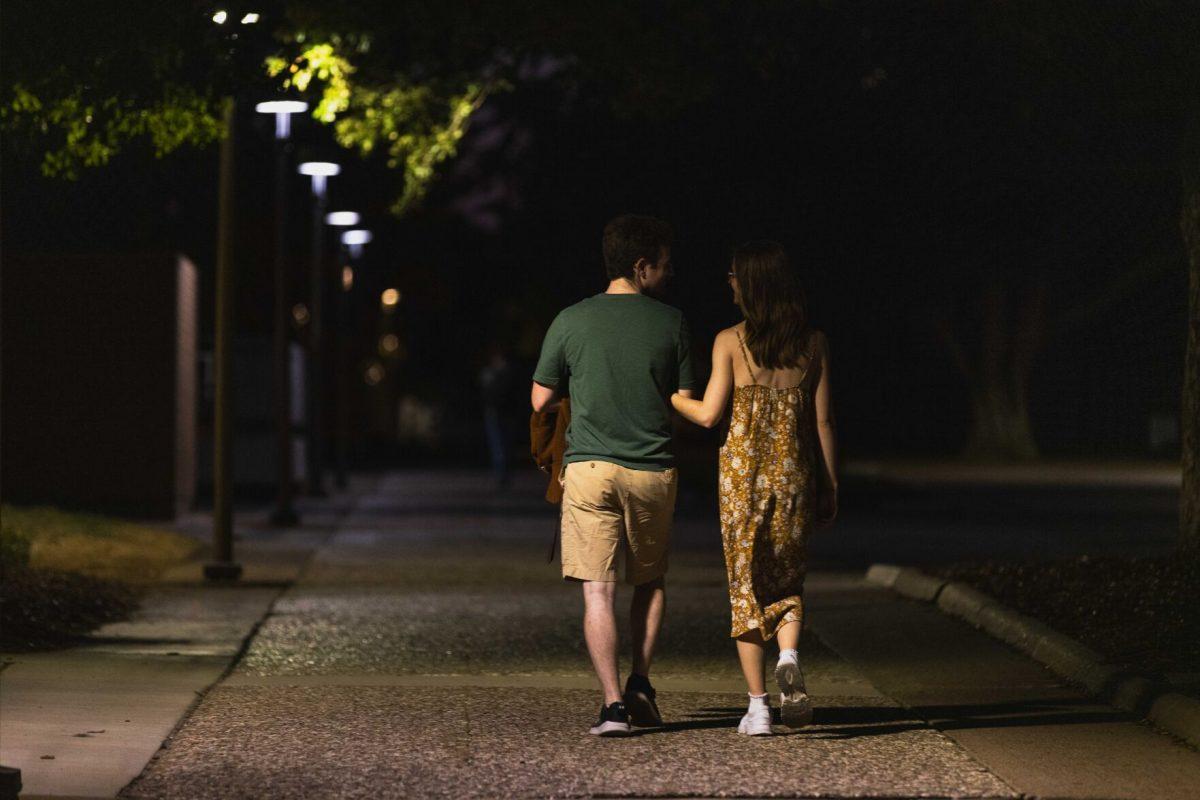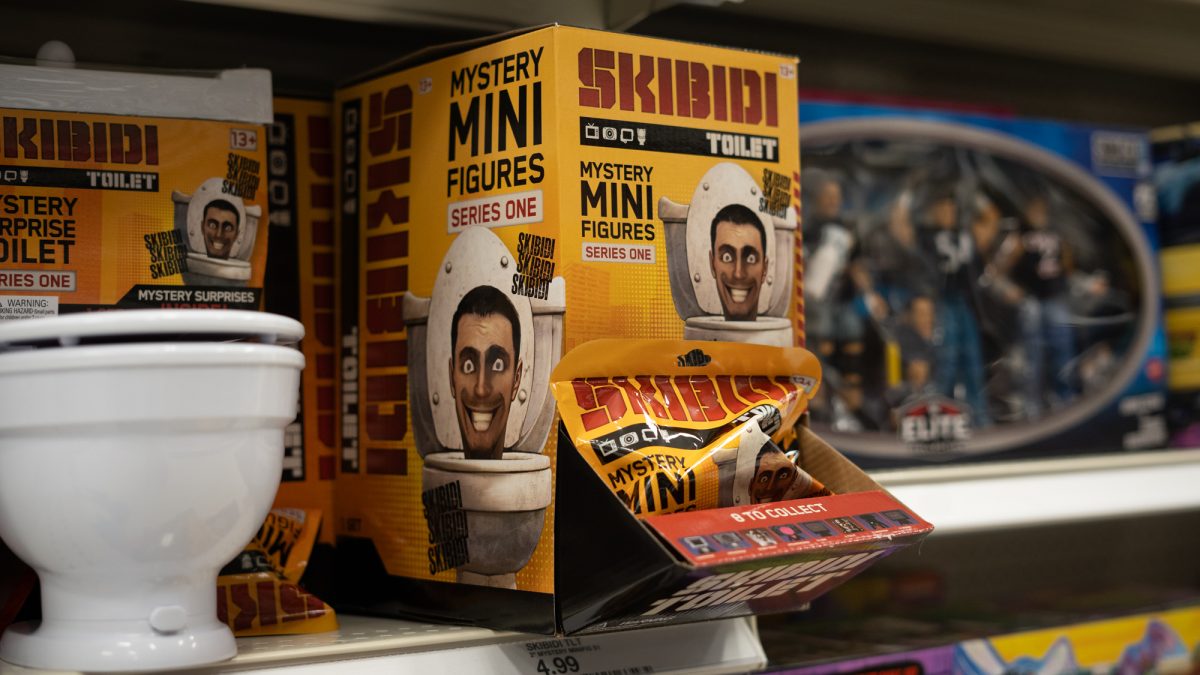If you haven’t experienced it yet, you will soon: the last-minute ticket scramble. There’s plenty of ways it can begin. Maybe one of your hometown friends wanted to see this weekend’s football game, and you’re trying to buy a ticket from someone. It could be that you waited until the last minute to buy those festival passes because you had to get your syllabi first and make sure no exams were scheduled the following Monday. Sometimes you just want to find the lowest possible price, because you’re working with a more minimalistic budget (a trendy way of saying you’re a broke college student). No matter what initiates the ticket scramble, you’ll probably find yourself searching online for discounted or sold-out tickets.
Unfortunately, ticket scams are a real issue, because they can be extremely profitable to the scammers. A three-day general admission pass to the Austin City Limits Music Festival can sell for over $1,400 on StubHub, and that’s without VIP access. If a scammer sells a fake pass for even half that cost, they’re still making hundreds of dollars. College is all about learning, but if you can, skip learning about this the hard way. Use these tips from BBB serving the Heart of Texas to keep your football and festival season fraud-free:
- Know the source. Knowing who you’re buying your tickets from can help you avoid buying bad tickets. For example, a professional ticket broker is a legitimate and accredited reseller, while a scalper is an unregulated and unlicensed ticket seller. There are also scammers who sell fake tickets online or charge you for tickets and never send them.
- Check out the broker or seller. You can see if you’re buying from a National Association of Ticket Brokers-member resale company by visiting VerifiedTicketSource.com. Another option is to check the venue or ticket source on bbb.org.
- Know the refund policy. Never buy tickets from a reseller without a clear refund policy. Before you purchase tickets, you should also know if the tickets will be available immediately or when they will become available or shipped to you.
- Use safe payment methods. Credit cards are typically the safest way to pay for things online, because you can contest a purchase if you never receive your ticket. If you don’t have a credit card, use debit and call your bank to ask how to handle fraud charges in the event of a scam. You should never pay with a gift card or wire transfer, because those can’t be traced, and your money can’t be returned to you if something goes wrong.
- Be careful with ads. You can usually tell when a pop-up ad is fake, but scammers are getting better at making them look real and use low prices to tempt you into checking them out. Avoid clicking on ads (especially the ones with unbelievable prices) and go to secure websites instead. You’ll know it’s secure by the lock icon next to the URL.
- Verify your tickets. If you’re still unsure about your tickets and the venue is nearby, you can always go to customer service and ask them to verify if it is real or fake. They can also show you how to tell fake stuff from the real deal.
- Report fraud. If you end up with fake tickets (or pay for tickets you never receive), go to bbb.org/ScamTracker and fill out a quick report. This helps us track fraud, but it also helps other consumers avoid falling for the same scam.
As temperatures cool down and excitement heats up, remember these BBB tips to keep yourself and your money safe during all your fall festivities! You can visit us at bbb.org for more.
BBB’s vision is an ethical marketplace where buyers and sellers trust each other, and our mission is to be the leader in advancing marketplace trust. Your BBB serves 105 counties in Texas, with offices in Austin, Bryan, Corpus Christi, Fort Worth, Midland, San Antonio and Waco. To learn more, visit us at bbb.org/central-texas or email Emily Gaines at [email protected].



